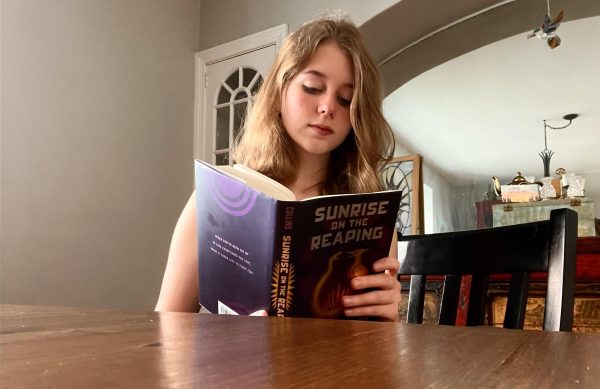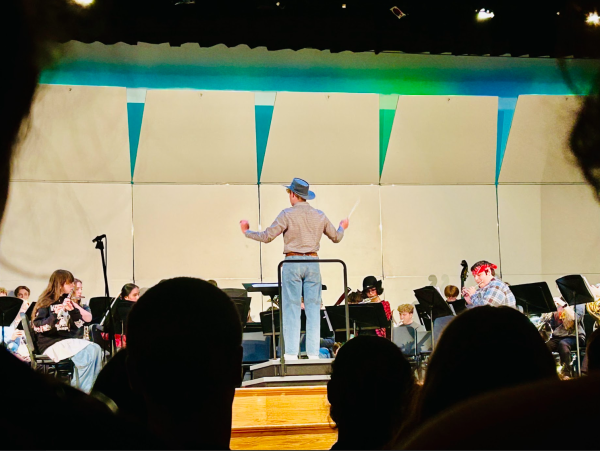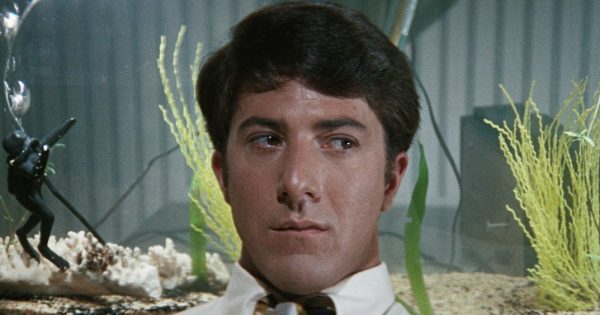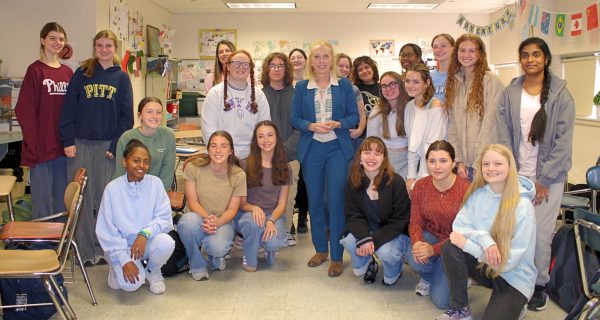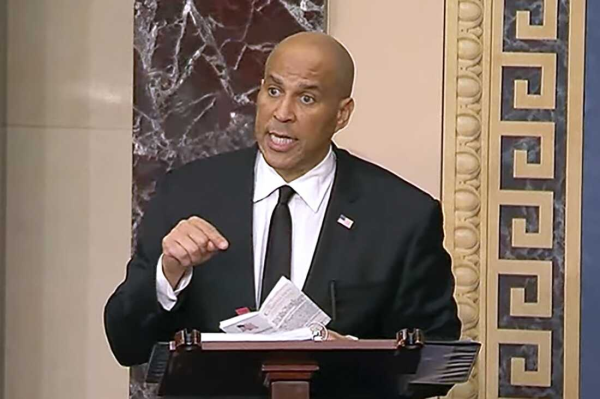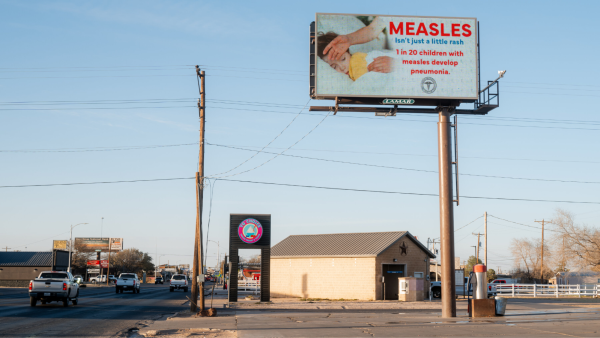A Breakdown of the Q&A Session for Local Office Candidates

If you were to pull the average American aside, and ask them to name their local commissioner, they would be hard-pressed to give you a legitimate answer. The majority of Americans can be described as apolitical at best, and local government has largely been ignored on mainstream platforms.
On October 9th, the League of Women Voters and H-Can, a new political action committee created after the 2016 election, hosted a Question and Answers event at Lynnewood Elementary, for those running for the Haverford Board of Commissions. The opportunity was given to the public to submit a question to be answered by all eight candidates, and be able to better understand the platforms of those runnings. For others, it was an opportunity to better understand the relevancy of an unfamiliar political body.
For the purpose of clarification, seeing as the structure and inner-workings of local government is new to most, the Board of Commissioners is Haverford Township’s legislative body. It has done everything from building the Haverford Reserve to trying to make pedestrians safer by building better infrastructure. It is run by nine commissioners who are elected by Ward residents; the President and Vice President of the board are elected by the commissioners themselves at the beginning of each year.
Wards 2, 4, 6, and 8 are currently up for election, which will end on November 7th when residents will go to the polls to cast their vote. Each incumbent is facing a fresh-faced opponent including the current president, Chris Connell Sr. from Ward 8, and the vice president, Mario Oliva from Ward 2.
As the questions began to roll, the atmosphere was mellow. The incumbents, and even those who are new to this role in the political spectrum, were comfortable enough to crack jokes, and offer their condolences to Commissioner Siegel, whose mother-in-law recently passed. It was quite different from the debates one would find on CNN, where opponents are prone to fling insults and denigrations towards whoever they can hit. This event was seemingly going to pass in a show of camaraderie that many would classify as boring.
The first two questions gave the candidates the opportunity to praise the positive effects of bi-partisanship and the need for transparency; different variations for the same answer was given by almost every candidate. The two commissioners that asserted themselves particularly well, were Commissioners Daniel J. Siegel from Ward 4 and Larry Holmes from Ward 6, both Democrats. Holmes established himself as an aggressive liberal from the get-go, whereas Siegel took a solidly assertive approach when discussing his efforts to make Haverford’s government more transparent.
It was not until the candidates were asked about the opioid crisis, which has been a significant problem for places like Havertown, that individual personalities began to overtake the political persona that many donned for the night.
Dr. Gerry Hart, who is running as a Democrat in Ward 8, argued that his extensive medical background makes him qualified to effectively deal with the issue. Mario Oliva and Kevin O’Neill, a newcomer running against Siegel, brought in their own personal experiences in the health crisis. Oliva discussing the losses the drug has caused in the lives around him, and O’Neill mentioned his experience as an attorney who often had to deal with addicts.
Though it was arguably Sheryl Forste-Gruppe who shined in this question. After O’Neill accidentally talked over her, she quipped, “It’s fine, it happens to women all the time,” eliciting the first laughs of the night. She talked passionately about how local governments will have to become more self-sufficient, arguing that funding will be drying up from the state and national government under the new administration. Forste-Gruppe was the only candidate to discuss the issue from the perspective that she did, earning her uproarious applause from her supporters.
From then on the candidates began to speak more passionately on more detailed and concrete issues. A candidate from Ward 6, Carmie del Pizzo, continuously brought up the lack of representation for women on the board, which was a point of interest for many in the audience. Some candidates, including Forste-Gruppe and Siegel, stressed the need in modernizing Haverford’s government, and suggested that there be more in terms of social media, which would not only give it a 21st-century touch, but also provide transparency.
Candidates such as Holmes, Oliva, and Dr. Hart all brought up the issue of economic development, with Holmes saying: “Lower Merion has more money than Saudi Arabia!” Each brought up the idea of introducing new businesses and innovative means of income that could only improve Haverford’s economic standing, especially when comparing it to townships like Lower Merion.
Climate change was also a bipartisan issue during the event, serving a reminder to many how reaching across the aisle is important, especially when dealing with an issue as dangerous as climate change.
Although most Americans hold the misconception that local government is unimportant, especially in comparison to the national government, when one attends local events such as the Question and Answers session, it is easy to debunk the notion of irrelevance. In fact, such experiences help individuals conclude that the local level has a much bigger impact on a community than is realized, as it has the ability to have a very hands-on role in shaping the lives of the individuals they were elected to help.
Here are all the candidates in order:
Sheryl-Forste Gruppe (D.), Ward 2
Mario Oliva (R.), Ward 2
Daniel J. Siegel (D), Ward 4
Kevin O’Neill (R.), Ward 4
Larry Holmes (D.), Ward 6
Carmie Del Pizzo (R.), Ward 6
Dr. Gerry Hart (D.), Ward 8
Chris Connell Sr. (R.), Ward 8



